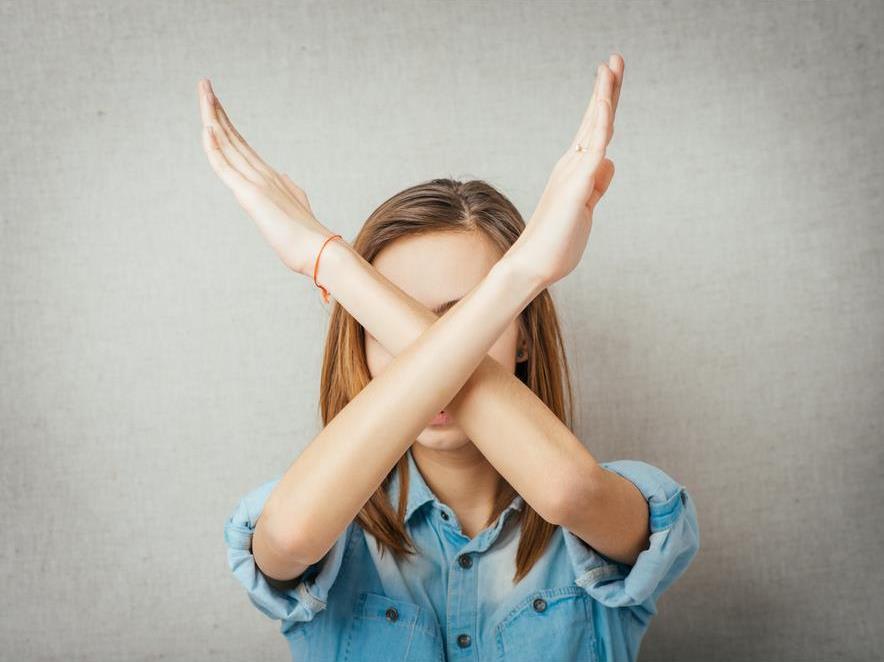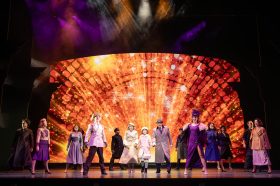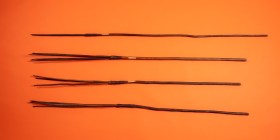Image via Shutterstock
We are a diverse group of women who work across the national arts and cultural sector in leadership roles. In the wake of the #MeToo movement denouncing sexual assault and harassment, we came together in an informal environment to discuss the abuse of power in our own industry. We found we couldn’t talk about sexual harassment without talking about sexism.
Sexism is pervasive and ingrained within our communities. Our collective aim is to de-normalise what we have come to accept as normal. To break open the silence and shame. To lighten the weight of what we carry. To challenge how this could ever be normal.
Coming together and sharing our experiences as a group was both cathartic and empowering. To know we are not alone, that we have the support of many. We want you to know that you are not alone in your experience either, so you may feel stronger and more prepared to help tackle this issue head on.
We offer a practical tool we can all use every day and share with others. We hope it can be a catalyst for change and a framework for inclusive and intersectional conversation.
We hope this encourages people to talk, to share their experiences and to listen. As individuals and organisations, we can tackle cultural change together.
Morwenna Collett, Emily Collins, Kelly Doley, Kate Eltham, Jade Lillie, Amy Maiden, Erin Milne, Ali Murphy-Oates, Anna Reece, Sarah Tooth, and Bridgette van Leuven.
Strategies: a list of things we can do for ourselves and for others
- Ask direct questions. They are powerful. ‘Do you think that’s funny?’
- Question the motivation of the behaviour. ‘Why are you winking at me?’
- Put a spotlight on mansplaining by directly questioning the perpetrator – ‘Did you just repeat what I suggested earlier?’.
- If we’re in a conversation that we know is wrong, call it out and end the conversation. ‘This conversation is making me uncomfortable.’
- Practice sitting in uncomfortable silence. Wait for the response.
- Use physical hand signals. ‘Stop talking over me.’
- Say it aloud. Seek allies and supporters who we trust with our story. If nobody is available, write it in a journal.
- Share our emotional labour. Consider how keeping sexual harassment a secret may cause harm to others.
- Include male / female / cis / trans / non binary colleagues in the conversation. Sexism and sexual harassment is not only ‘women’s’ business.
- Ask / push for gender parity and cultural representation on all levels – recruitment, remuneration, leadership, governance, programming, curating, storytelling, directing, performing, etc.
- Include sexism and sexual harassment in workplace health & safety conversations.
- Fill out an incident report. Use existing systems to express and articulate the issue.
- Amplify each other’s voices. Share examples of how ingrained this behaviour is in organisations and networks.
- No more superfluous ‘sorry’ in our communications. Don’t apologise for being a woman in a professional sphere.
- When other people steal or appropriate women’s work, call them on it. Don’t do this to others. Credit each other.
- Think about sexism and representations of gendered violence when you create, commission, fund, and engage artists.
- Have we given away our power? If we have, ask ourselves what it means to own it.
Statements: a list of things to remind ourselves and each other of
- We are humans, not machines. Normalise emotions.
- Sexual harassment is not a compliment.
- Protecting victims is essential. Calling out perpetrators is equally as important.
- Calling out sexism can be difficult and can cause discomfort. The discomfort is not our fault.
- We don’t need to make others feel comfortable about receiving the complaint. Don’t take on the emotional labour.
- Discomfort is better than being complicit. Discomfort and power sometimes exist alongside each other.
- Our experience alone is enough to share.
- The way we choose to combine parenting and our arts practice / work is our choice.
- What happens on tour is still a reportable incident.
CONTACT
Instagram: @whyareyouwinkingatme #whyareyouwinkingatme
Email: whyareyouwinkingatme@gmail.com





